Category: Plants & People
-
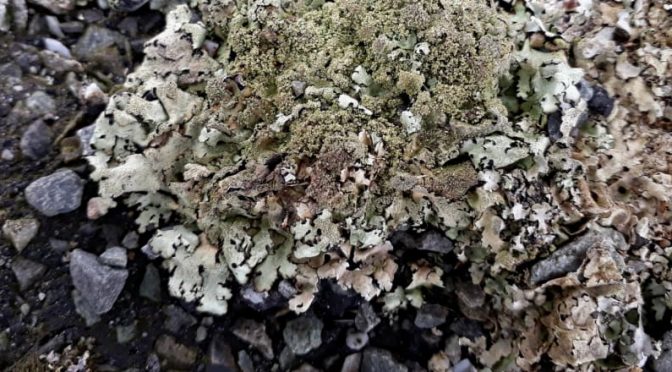
Please Don’t Lick The Pavement. This Lichen Isn’t Viagra
If you see someone on their hands and knees licking lichen on the footpath there’s an explanation. They’re likely to be after the reported effects of sexy pavement lichen – and be cheap. There are claims the lichen is a natural Viagra and while scientific evidence of efficacy is scant, there’s a thriving trade in the hardy but slow-growing lichen. (Click on title for full story.)
-
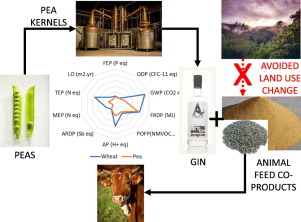
Do Your Part For The Planet: Consume Pea Gin
Industrialised agriculture is heavily reliant upon synthetic nitrogen fertilisers and imported protein feeds, posing environmental and food security challenges. Increasing the cultivation of leguminous crops that biologically fix nitrogen and provide high protein feed and food could help to address these challenges. We report on the innovative use of an important leguminous crop, pea (Pisum sativum L.), as a source of starch for alcohol (gin) production, yielding protein-rich animal feed as a co-product. (Click on title for full story.)
-
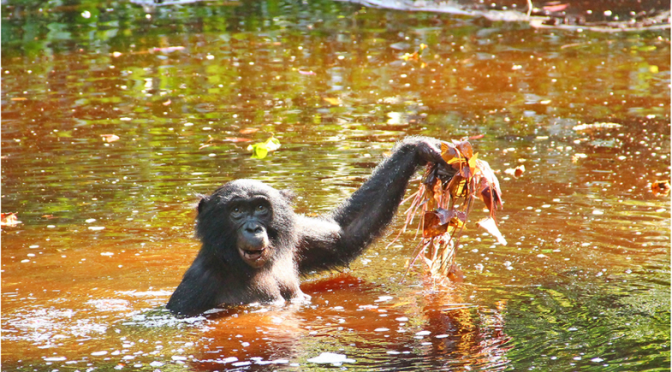
Aquatic Weeds May Hold Clue To Early Humans’ Brain Development (“Eat Your Vegetables!”)
Evolutionary scenarios align major developments of human evolution with environmental conditions of coastal areas offering a diet that triggered encephalization in hominins. The results of our study suggest that this need for dietary iodine would not have prevented ancestral hominins from invading continental forest habitats and that consumption of aquatic herbs could have contributed to satisfying the iodine requirements of hominin populations that were primed by diets prevalent in coastal environments. (Click on title for full story.)
-

The Holy Grail Of Sports Turf: Controlling Weeds Without Herbicides
Results show that selective mechanical weed control is very effective when used weekly for common turfgrass weeds such as dandelion, as well as traditionally hard-to-control weeds such as clover and ground ivy. (Click on title for full story.)
-
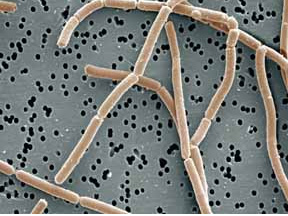
Is Consumption Of Anti-Biotic Resistant Superbugs On Plants A Hidden Danger?
Spread of antibiotic-resistant superbugs from plants to humans is different from outbreaks of diarrheal illnesses caused immediately after eating contaminated vegetables. Superbugs can asymptomatically hide in (or “colonize”) the intestines for months or even years, when they then escape the intestine and cause an infection, such as a urinary infection. (Click on title for full story.)
-
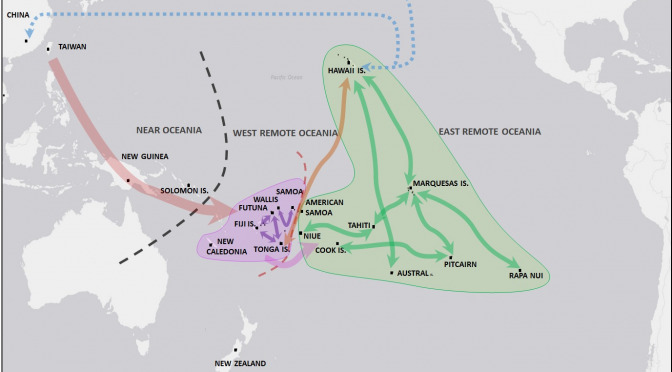
One Tree Reveals The Path Of Humans’ Colonization Of Oceanic Islands
the genetic study of the dispersal of this fiber plant is a useful proxy for the Austronesian expansion, from its native region (Taiwan) throughout introduced range in the Pacific. The genetic connections detected in contemporary and herbarium samples from paper mulberry reflect prehistoric human movements between multiple islands in Remote Oceania and, to date, provide a more comprehensive picture than other model species. In contrast, textiles made of the bark from this plant may represent evidence of exchange networks of prestige objects, which are unlikely to persist in the archaeological record. Therefore, the genetic analysis of ethnographic textiles from museum collections represents the closest approach to past plant material from this species and could add complementary insight focused on eventual exchange networks. (Click on title for full story.)
-

Will Forests Become The New “Green” Cemeteries?
It’s all pretty low-tech: mix ashes in with dirt and put a little placard in the soil. But there is a tech element: For an extra fee, customers can have a digital memorial video made. Walking through the forest, visitors will be able to scan a placard and watch a 12-minute digital portrait of the deceased talking straight to camera about his or her life. Some will allow their videos to be viewed by anyone walking through the forest, others will opt only for family members. Privacy settings will be decided before death. (Click on title for full story.)
-

The Long Twisted Path Tiny Wild Apples Took To Become The Popular Fruit We Know
Ultimately, the apple in your kitchen appears to owe its existence to extinct megafaunal browsers and Silk Road merchants. (Click on title for full story.)
-
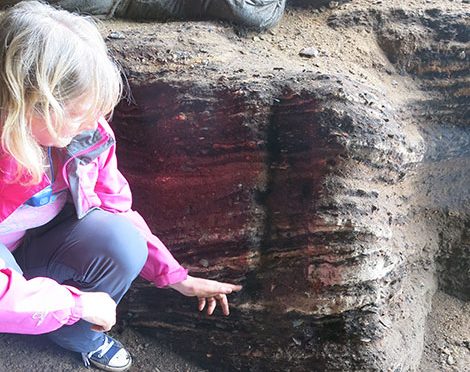
Humans Have Been Cooking And Eating Vegetables As Long As We Have Been Humans
“Our results showed that these small ashy hearths were used for cooking food and starchy roots and tubers were clearly part of their diet, from the earliest levels at around 120,000 years ago through to 65,000 years ago,” (Click on title for full story.)
-

Are Urban Forests Really Helpful For Curbing Climate Change? Maybe Not.
However, mortality rates of street trees are more than double those in rural forests, with young and very large trees most at risk. The findings have implications for urban greening programs, suggesting that planting initiatives alone are insufficient to meet municipal carbon storage, canopy cover and biomass goals. (Click on title for full story.)
